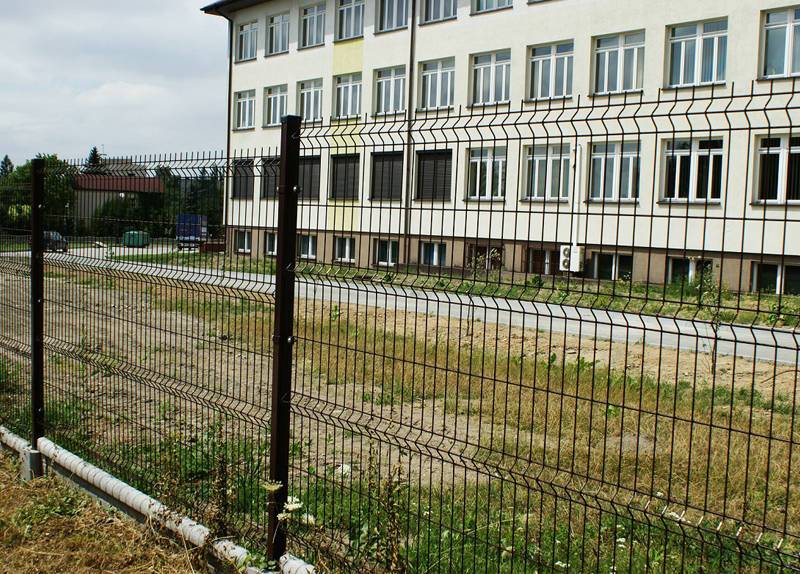the differences between the Chicken Wire Netting and the chain link fence
What are the differences between the Chicken Wire Netting and the chain link fence?
The use of stone cage nets and chain link nets is different: stone cage nets are widely used in fences and network facilities such as roads, railways and highways. Feed chickens, ducks, geese, rabbits and zoo fences. The protective net of mechanical equipment and the conveying net of mechanical equipment. After the wire mesh is made into a box-shaped container, the mesh box is filled with a rock or the like to form a stone cage net.

It is also used to protect and support seawalls, hillsides, roads and bridges, reservoirs and other civil engineering. It is a good material for flood control and flood resistance. Can also be used for handicraft manufacturing. Warehouse, tool room refrigeration, protective reinforcements, marine fishing fences and construction site fences, rivers, slopes fixed soil (rock), residential protection, etc.
The chain link net is widely used for interior decoration. The shape of the chain link net is more beautiful, so it is generally used in urban construction. Feed chickens, ducks, geese, rabbits and zoo fences. Sports ground fence, road green belt protection net.

Stone cage net and hook flower net weaving method are different
The stone cage net is a cage made of metal wire woven angular net (hexagonal net), which plays a fixed role; the hook flower net is mainly the material of the fence net. The materials of the stone cage net and the hook flower net are all made of low carbon steel wire. Made of.
The weaving method of the hook flower net is different from the stone cage net. The hook flower net is made of the hooks of various materials by the hook flower net machine. It can be divided into two types: the folding side shrinking handle and the twisting side locking type. As the name suggests, the stone cage network is a net used to load stone materials, which is widely used in river management. The hook flower net is crocheted, woven simple, beautiful and practical for the stadium, green fence, river, building, residential community protection.
-
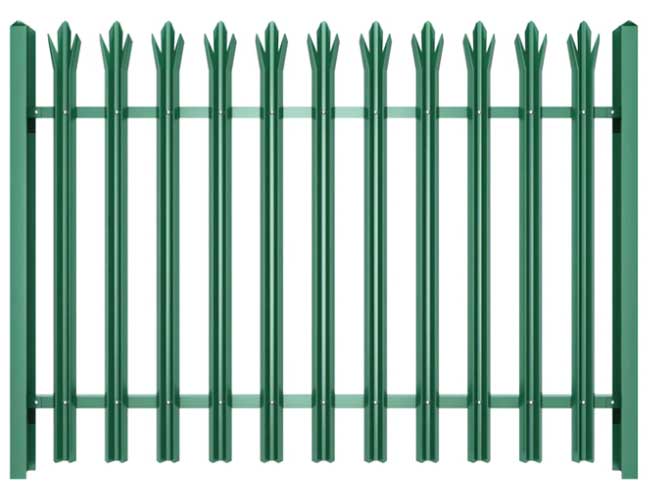 What Kind Of Fence Is Best For Your Yard 06. 04, 2021
What Kind Of Fence Is Best For Your Yard 06. 04, 2021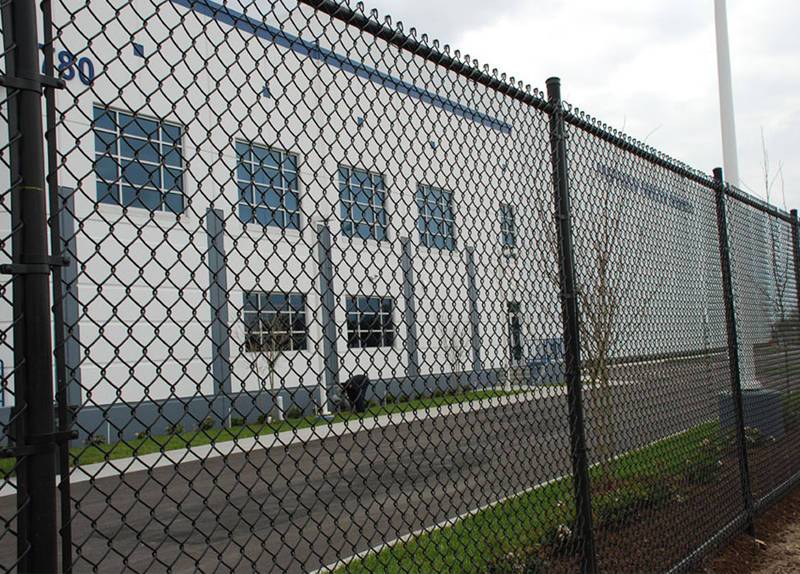 choose PVC fences during the purchase process 04. 22, 2020
choose PVC fences during the purchase process 04. 22, 2020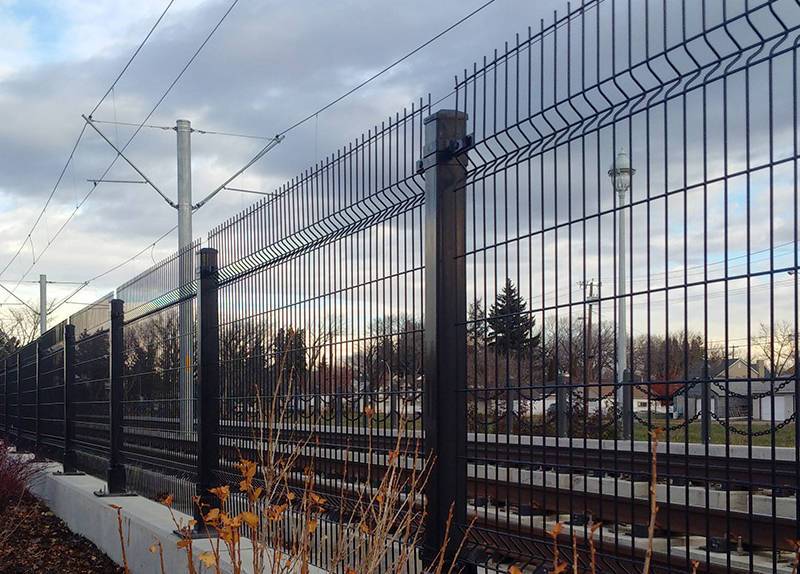 PVC fences are mostly used for municipal PVC fences 04. 22, 2020
PVC fences are mostly used for municipal PVC fences 04. 22, 2020 Detailed use of wire mesh fence 04. 22, 2020
Detailed use of wire mesh fence 04. 22, 2020 Advantages of Airport Fence 04. 22, 2020
Advantages of Airport Fence 04. 22, 2020 -
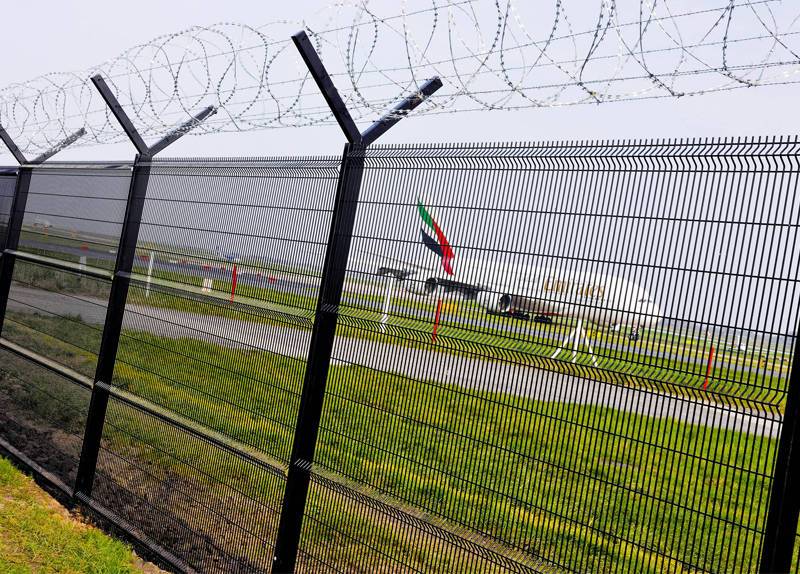 The role and advantages of airport fence nets 04. 22, 2020
The role and advantages of airport fence nets 04. 22, 2020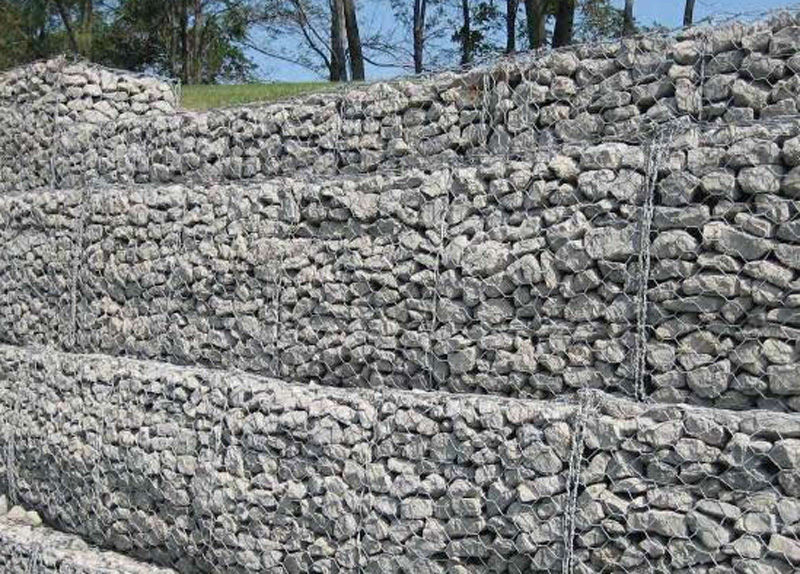 Features of Gabion Basket 04. 22, 2020
Features of Gabion Basket 04. 22, 2020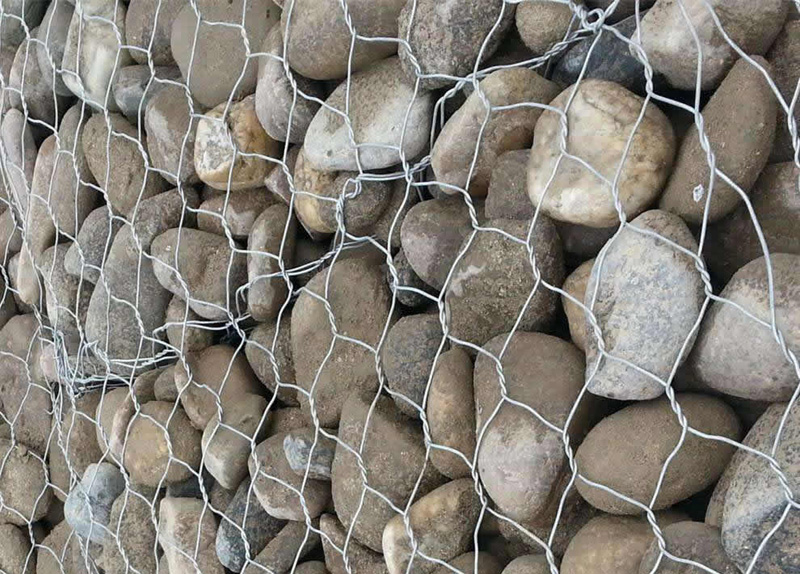 The steel wire mesh cage 04. 22, 2020
The steel wire mesh cage 04. 22, 2020

- Tel.: +86 311 83077076
- E-mail: sales@qunkunmetal.com
- Skype: qunkunsales01
- WhatsApp: +86 180 3241 2189
- Ajouter.:No.69-70 La partie industrielle du filtre d'Anping, Hebei, Chine




